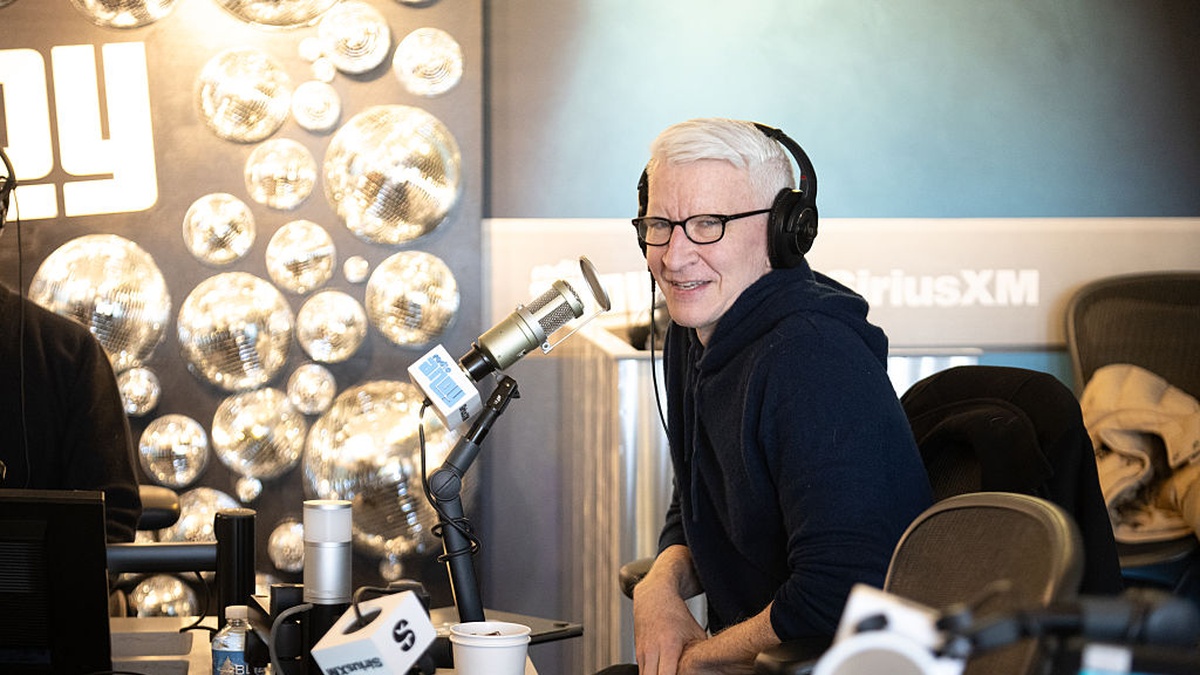During the 2010s (2011 to be exact), a scrappy fashion brand named Dolls Kill was started by a former DJ named Shoddy Lynn and her husband Bobby Farahi. It started small on eBay and eventually launched as a marketplace for clothes deemed more edgy than traditional retail stores. It was incredibly popular, but in 2020 the company got embroiled in controversy surrounding the Black Lives Matter protests and lost a huge number of its online following. The following will explain just how it happened.
Before we get into the whole controversy, let’s take a look at how Dolls Kill went from a scrappy eBay store to one of the biggest online clothes companies in the world.
What is Dolls Kill and how did it become so popular?
Before he co-founded Dolls Kill, Farhi was the founder and CEO of a broadcast monitoring service called Multivision Inc., which he subsequently sold in 2005. When Dolls Kill was started, it was reportedly profitable right from the start, and has been ever since.
The company sells clothes meant to attract those who have edgier tastes and attend music festivals and raves frequently. Think of it as catering to the same demographic as the mall store Hot Topic.
It expanded quickly and toward the later years of the 2010s became a defacto fashion empire. Even today, the company touts itself as having a “go against the grain attitude.” Owner Shoddy Lynn calls the company’s aesthetic an “IDGAF” attitude, and tells her shoppers to “Unleash it.”
“Dolls Kill is an online boutique for the Misfits & Miss Legits featuring clothes with a rebellious spirit and attitude, mixed with a bit of punk rock, goth, glam and festival fashion.”
The clothes are a mix of colorful rave clothing featuring popular 90’s cartoon characters, pink babydoll-inspired outfits and black leather and latex gothic clothing. It also sells home decor like comforters, champagne glasses and heart-shaped bongs.
There are two brick-and-mortar locations. One of them is on Fairfax in Los Angeles, California and the other is on Grand St. in Brooklyn, New York. The brand is also actively hiring for jobs in Human Resources, Marketing, Merchandising and Inventory Planning.
This is all to say, while yes, there has been some controversy, the company has pretty much weathered the storm and seems to be going as strong as ever. The company’s social media pages are fairly robust, with 951K followers on Facebook, 3.6 million followers on Instagram and 54K on X.
What is the Dolls Kills controversy and what was done to address it?
The company has had to deal with various controversies over the years. It’s been accused of cultural appropriation when it sold an indigenous American headdress and racism when it sold a T-shirt that said “Goth is white.”
To address these concerns, the company released a video called “transparency: Goth is White & Native American headdress.” Founder Shoddy Lynn said the goth T-shirt was not meant to be racist; it was from a European brand called W.I.A. and meant to communicate that goths can wear any color, not just black.
The headdress was “part of a much larger Halloween assortment. It was culturally insensitive and inappropriate to sell. At the time which is now more than six years ago, a customer service rep answered some complaints and one of them was answered pretty immaturely and it was pretty embarrassing,” owner Shoddy Lynn said.
They also caught flack for a shirt that said “Dead girls can’t say no,” which obviously didn’t sit well with anyone. In addition, it’s been accused of stealing art from independent designers.
That’s not all. The brand also sold clothes that glorified eating disorders like bulimia and anorexia, and self-harm. One shirt said “A Cut Above the Rest” with a razor blade under the text and it sold lingerie marketed to teenagers with the word “Lolita” on the front.
In terms of whether the brand is good for the environment, Good on You, a data-driven site that measures whether brands are ethical in how they approach issues like sustainability and ethical sourcing, rated Dolls Kill a “brand to avoid.”
“Dolls Kill provides insufficient relevant information about how it reduces its impact on people, the planet, and animals. This means that, at the time of writing, there isn’t enough information for us to dig deeper into the brand’s practices.”
This means there is zero transparency from Dolls Kill about its supply chain or where it’s sourcing clothes from. It’s not known whether the company uses child labor or if it uses factories that pollute the environment.
None of the company’s clothing is made from organic or recycled materials, and none mention any sustainability certifications. In fact, the company uses vinyl, which is a group 1 carcinogen vinyl chloride, which is a very dangerous type of plastic.
The company has also been lumped in with the so-called “fast fashion” trend, which is cheaply made clothes that never decompose but are so low in quality that they only survive a few rounds in a washing machine before they can never be worn again.
However, the biggest backlash happened in 2020 during the Black Lives Matter protests. Following the George Floyd protests in June of 2020, the Los Angeles store suffered some minor damage from protestors.
A lot of companies at the time expressed solidarity with the protestors, but Shoddy Lynn posted on Instagram in solidarity with the police, using the caption “Direct Action in its glory” along with a Black Lives Matter hashtag.
The backlash was swift. The brand lost hundreds of thousands of followers in record time, and realizing the mistake, founder Shoddy Lynn released an apology video, which was quickly derided not only for its lack of enthusiasm but also for only happening because the backlash was so bad.
Despite all of this, the company is still puttering along, and that doesn’t look like it’s going to change anytime soon.











Published: Jan 17, 2024 04:21 am